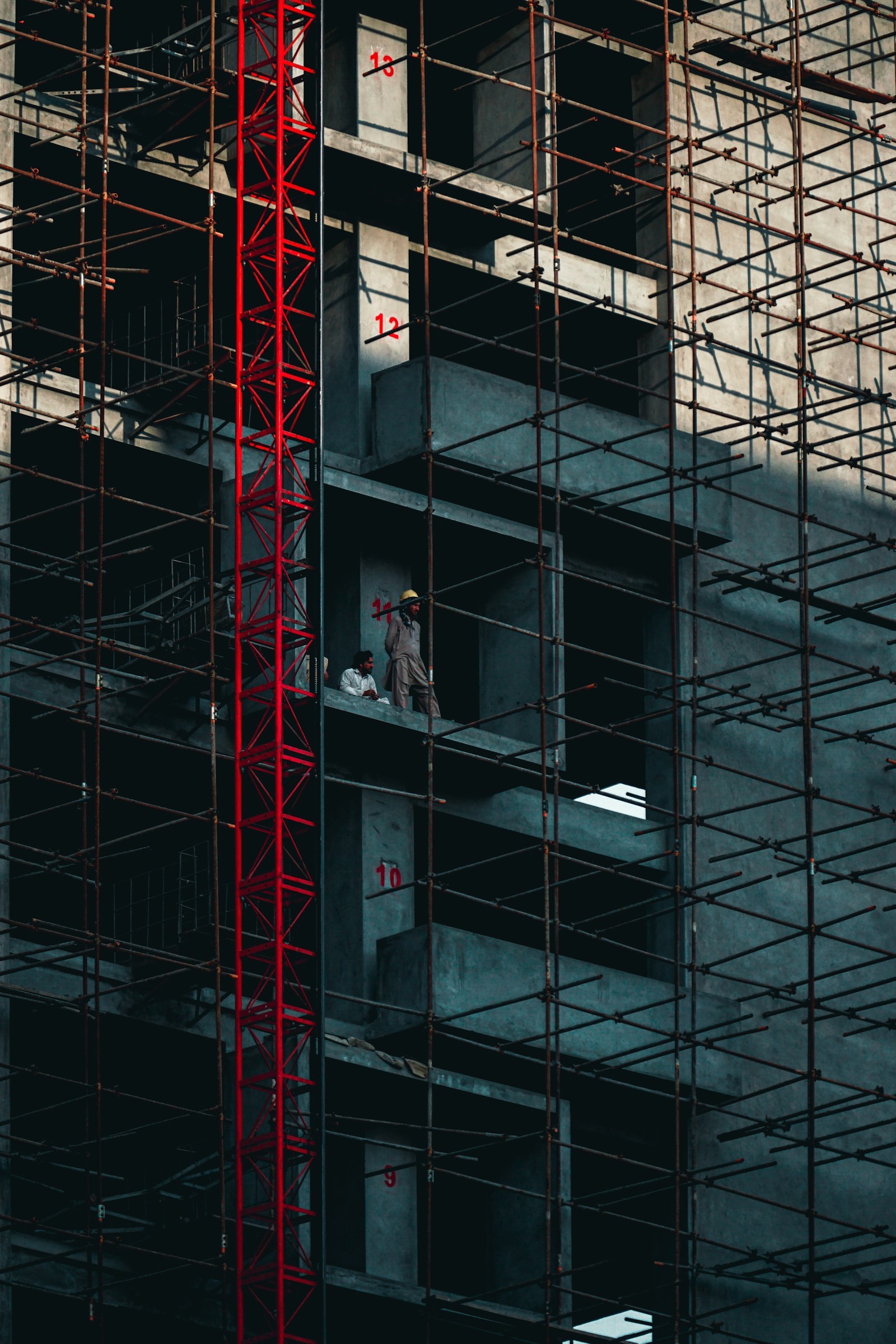Posted on
August 26, 2025
by
Riverside Square
In Toronto’s bustling east end, Riverside Square has quickly become one of the city’s most sought-after condo communities. Among its many lifestyle perks, the rooftop pool stands out as a true game-changer. Beyond just being a luxury feature, it redefines urban living by offering relaxation, entertainment, and stunning skyline views. Let’s dive into why this amenity is making such a splash.
1. Unparalleled Views of Toronto’s Skyline
The rooftop pool provides panoramic city views, from the Don Valley to downtown skyscrapers.
Residents can enjoy a unique perspective of Toronto, transforming an everyday swim into a scenic escape.
Sunset and evening swims offer an experience that feels more like a high-end hotel than a residential condo.
2. A Lifestyle Hub for Socializing
The pool deck doubles as a social gathering space, where neighbours connect and friendships form.
Perfect for weekend lounging, hosting guests, or casual get-togethers, it encourages a strong sense of community.
Paired with BBQs and rooftop seating areas, it turns into an all-season lifestyle destination.
3. Wellness at Your Doorstep
Swimming is one of the most effective low-impact exercises, offering fitness benefits without the need for a gym membership.
The rooftop pool provides an easy way to integrate health and relaxation into daily routines.
Stress relief comes naturally when you can unwind with a swim after work while overlooking the city.
4. Elevating Property Value & Appeal
Rooftop pools are considered premium condo amenities, boosting the building’s overall appeal.
Properties with luxury amenities like this tend to attract more buyers and renters—and often command higher values.
For investors, Riverside Square’s rooftop pool is a standout feature that differentiates it from nearby condo projects.
Final Summary
Riverside Square’s rooftop pool is more than just a place to swim—it’s a lifestyle statement. With breathtaking views, wellness benefits, and a built-in social scene, it elevates both resident experience and property value. In a city where space and lifestyle perks matter, this rooftop oasis proves to be a defining feature of Riverside Square living.
Frequently Asked Questions
Does Riverside Square have a rooftop pool?
Yes, Riverside Square offers a stunning rooftop pool that provides panoramic skyline views and doubles as a social and recreational hub for residents.
Why is a rooftop pool a valuable condo amenity?
Rooftop pools combine luxury and practicality, offering wellness benefits, community space, and increased property value—all in one feature.
Can guests use the Riverside Square rooftop pool?
Residents can typically host guests at the rooftop pool, subject to the building’s guest policies and capacity limits.
How does a rooftop pool affect condo resale value?
Amenities like rooftop pools often make condos more appealing to buyers and renters, which can lead to higher resale values compared to buildings without such features.
What other amenities are available at Riverside Square besides the rooftop pool?
In addition to the rooftop pool, Riverside Square includes a fitness centre, party rooms, concierge services, guest suites, rooftop terraces, and integrated retail spaces.




